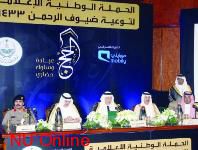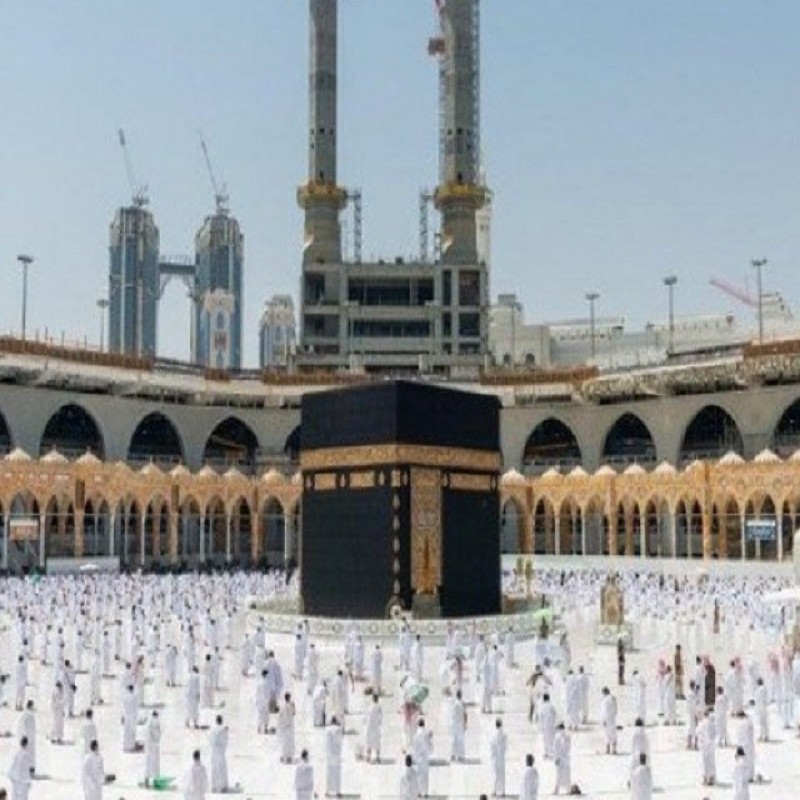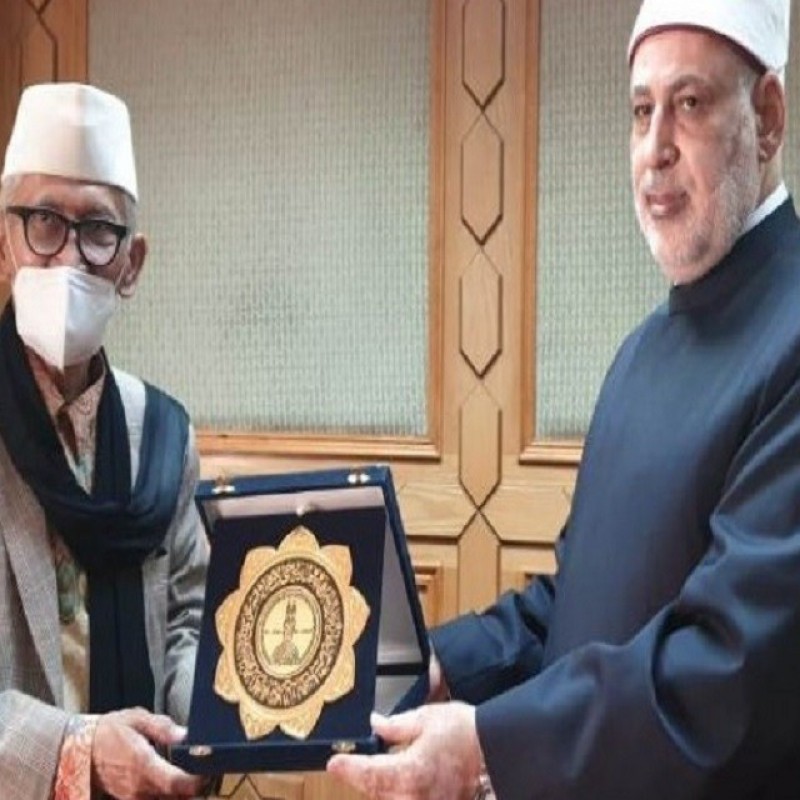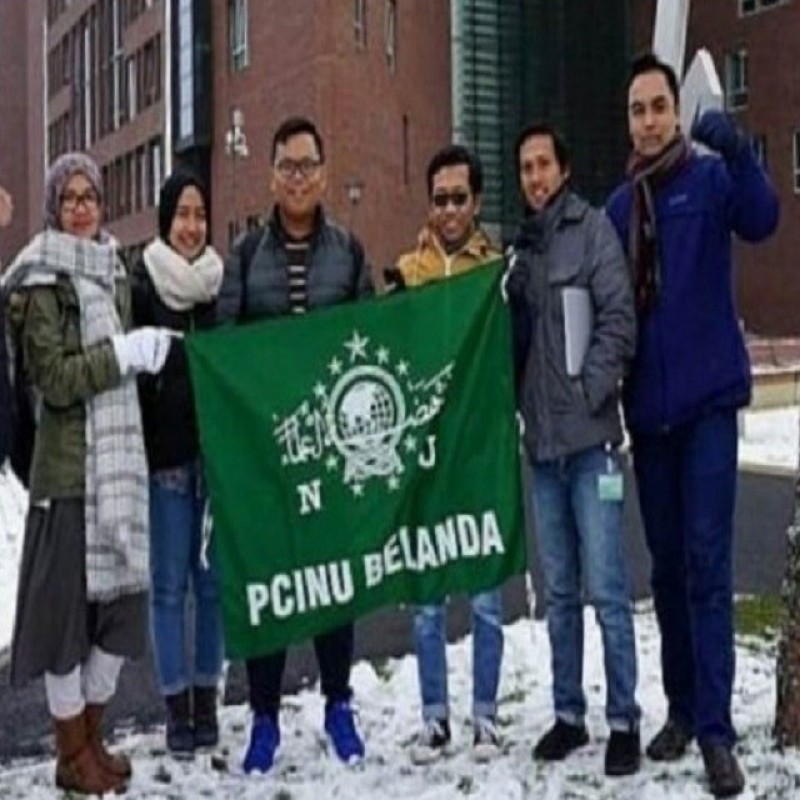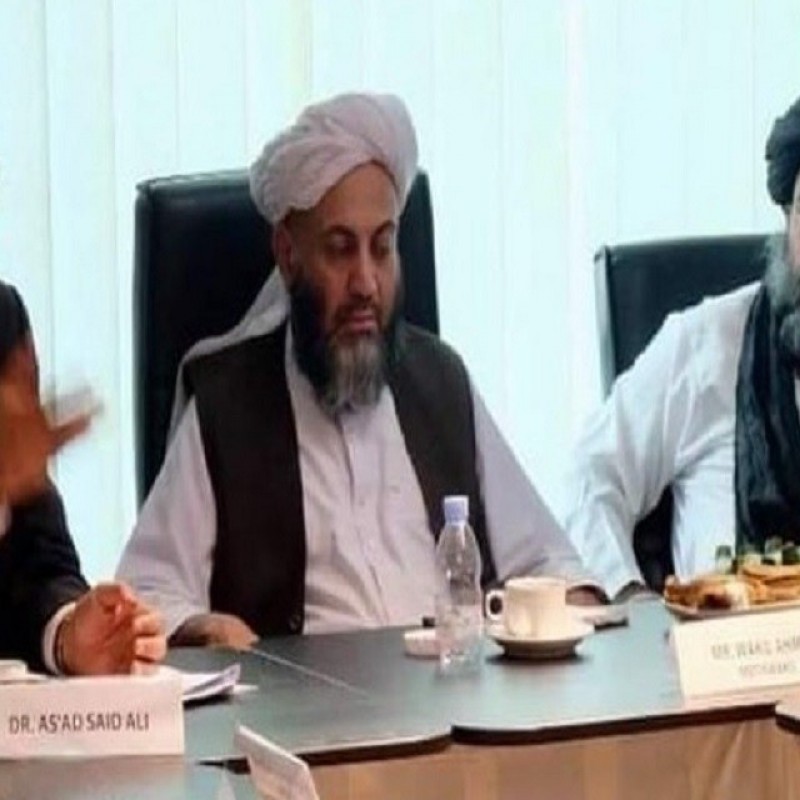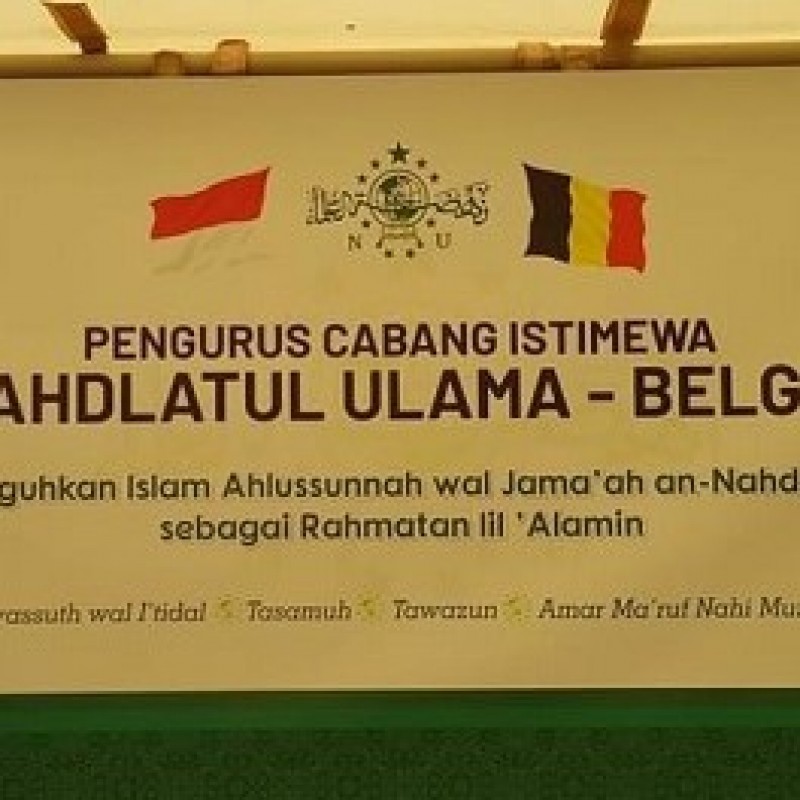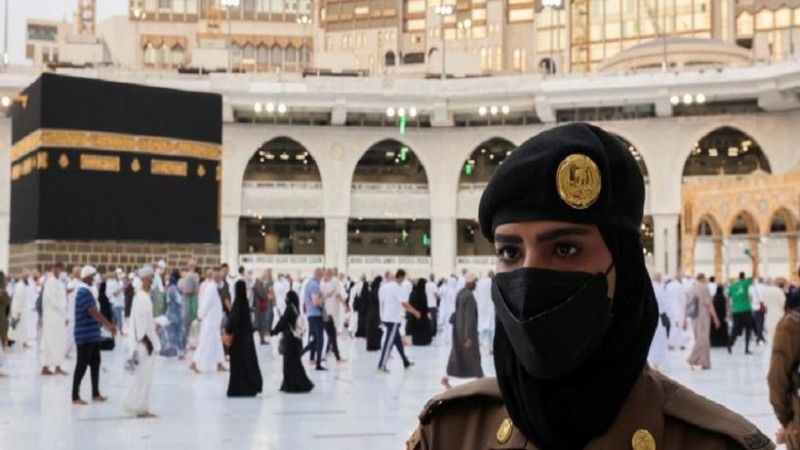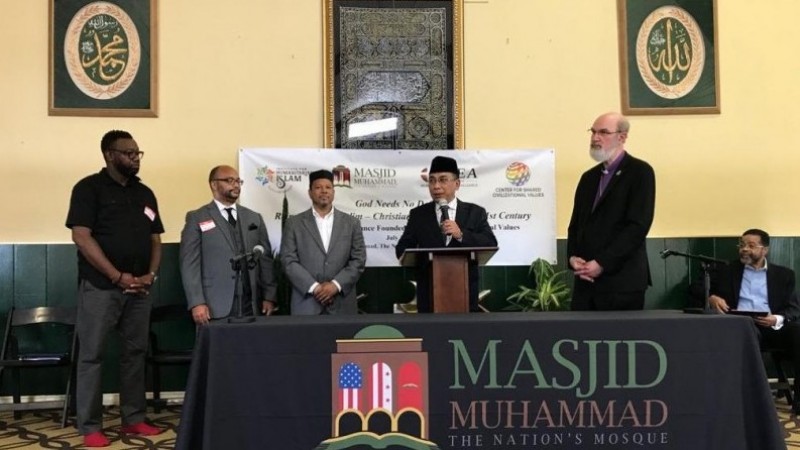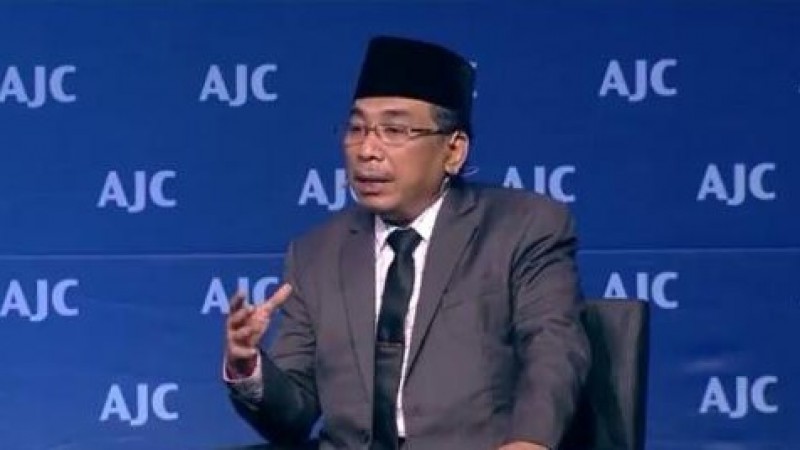Makkah, NU Online
The government is working on introducing an e-track monitoring system while developing centers of inspection and screening at the entrance of Makkah to prevent undocumented pilgrims from entering the holy sites, Makkah Gov. Prince Khaled Al-Faisal said recently.<>
The governor was launching a national campaign to create awareness among pilgrims.
Prince Khaled said there is need to put an end to unauthorized pilgrimage by Saudis and expatriates who sneak into the holy sites without carrying valid Haj permits or without taking the services of domestic Haj agencies.
“Over the past years, several studies have indeed confirmed that the key problems facing the Haj management are linked with overcrowding and incidents of stampedes, makeshift tents on the roadsides, accumulated waste, campfire cooking and lack of sanitation,” the prince said as quoted by Arabnews.com.
Prince Khaled, who is chairman of the Central Haj Committee, said the campaign has developed a new set of communication objectives.
“Its most notable objective is to remodel Haj outreach efforts by turning the campaign from being just a one-off event into a strategic multistakeholder initiative that fosters the concept of a well-integrated Haj sector and realizes the interests of all partners,” he said.
The campaign targets key partners comprising the broader society that effectively hosts the Haj ritual, including both Saudi citizens and residents, and the economic community that consists mainly of those who work and economically benefit from the Haj season, along with all the formal sectors in charge of providing services to pilgrims.
“Throughout this campaign efforts will be made to tap the energies of young men and women in the Makkah region. Youths have demonstrated a willingness to volunteer in various developmental, social and religious activities,” the governor said.
“We hope that real interaction with these youth will be further strengthened by effectively boosting their role in voluntary work through their active participation in Haj management and their support for the manifold efforts in the fields of organization, security, safety and sanitation,” he explained.
The emergence of young leaders will certainly have a positive impact on their peers in the larger society, he added.
The campaign has focused on the different government sectors in the security field and the various departments of the Ministry of Interior that takes charge of monitoring implementation of Haj rules and regulations while at the same time ensuring the security of pilgrims.
These daunting endeavors also involve a sharp sense of their essential role and the magnitude of their responsibility that entail civic manners and the stringent application of laws with the highest professionalism, he said.
“The campaign has driven home the need to strive collectively to preclude irregular pilgrims from accessing the holy sites as a patriotic and religious duty,” the prince said.
The governor emphasized the Makkah mayoralty’s role in ensuring the cleanliness of the holy sites, meeting the requirements of Haj sacredness and the immaculate purity of the event.
“Sanitation and cleanliness of Makkah and holy sites should be given top priority,” he insisted.
Other government agencies targeted by the campaign are the official religious bodies, such as the Ministry of Islamic Affairs, as they are entrusted with the task of enhancing Haj awareness among pilgrims.
“A key message in this context is that performing Haj in line with the country’s regulations and dutiful authorizations serves the purpose of the Haj and the pilgrims,” the prince said.
Editor : Sudarto Murtaufiq
Terpopuler
1
Disambut Ketum PBNU, Presiden Prabowo Hadiri Mujahadah Kubro Harlah 100 Tahun NU di Malang
2
Resmi Dikukuhkan, Ini Susunan Pengurus MUI Masa Khidmah 2025-2030
3
1.686 Warga Padasari Tegal Mengungsi, Tanah Bergerak di Tegal Masih Aktif
4
Ratusan Ribu Warga Dikabarkan Bakal Hadiri Mujahadah Kubro 100 Tahun NU di Malang
5
Pemerintah Nonaktifkan 13,5 Juta Peserta PBI JKN, Mensos Gus Ipul: Dialihkan ke Warga Lebih Miskin
6
Ansor University Jatim Buka Pendaftaran Ramadhan Academy, Tiga Kelas Intensif Gratis
Terkini
Lihat Semua

